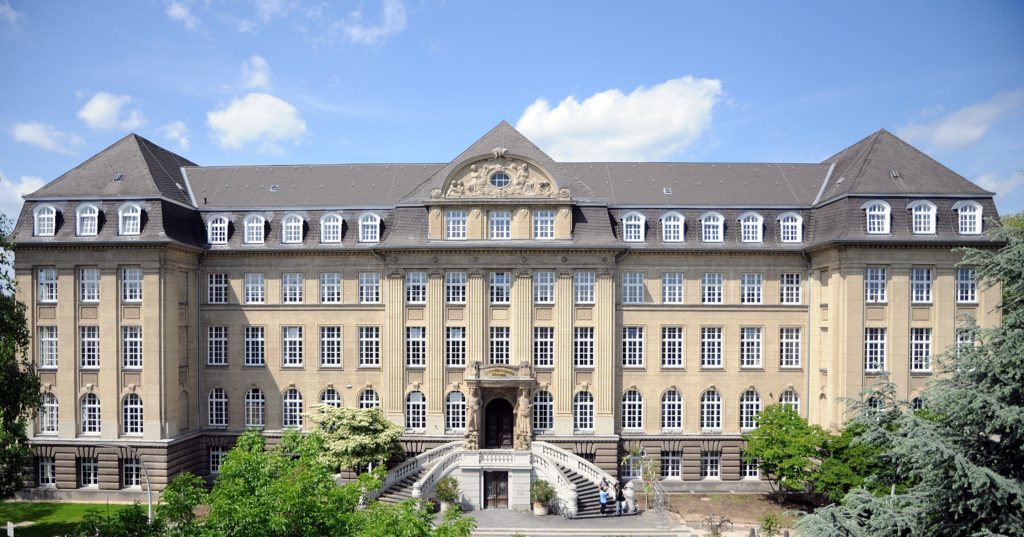This will be a talk for the conference: Ouroboros: Formal Criteria of Self-Reference in Mathematics and Philosophy, held in Bonn, February 16-18, 2018.
 Abstract. I shall give an elementary account of the universal algorithm, due to Woodin, showing how the capacity for self-reference in arithmetic gives rise to a Turing machine program $e$, which provably enumerates a finite set of numbers, but which can in principle enumerate any finite set of numbers, when it is run in a suitable model of arithmetic. Furthermore, the algorithm can successively enumerate any desired extension of the sequence, when run in a suitable top-extension of the universe. Thus, the algorithm sheds some light on the debate between free will and determinism, if one should imagine extending the universe into a nonstandard time scale. An analogous result holds in set theory, where Woodin and I have provided a universal locally definable finite set, which can in principle be any finite set, in the right universe, and which can furthermore be successively extended to become any desired finite superset of that set in a suitable top-extension of that universe.
Abstract. I shall give an elementary account of the universal algorithm, due to Woodin, showing how the capacity for self-reference in arithmetic gives rise to a Turing machine program $e$, which provably enumerates a finite set of numbers, but which can in principle enumerate any finite set of numbers, when it is run in a suitable model of arithmetic. Furthermore, the algorithm can successively enumerate any desired extension of the sequence, when run in a suitable top-extension of the universe. Thus, the algorithm sheds some light on the debate between free will and determinism, if one should imagine extending the universe into a nonstandard time scale. An analogous result holds in set theory, where Woodin and I have provided a universal locally definable finite set, which can in principle be any finite set, in the right universe, and which can furthermore be successively extended to become any desired finite superset of that set in a suitable top-extension of that universe.
